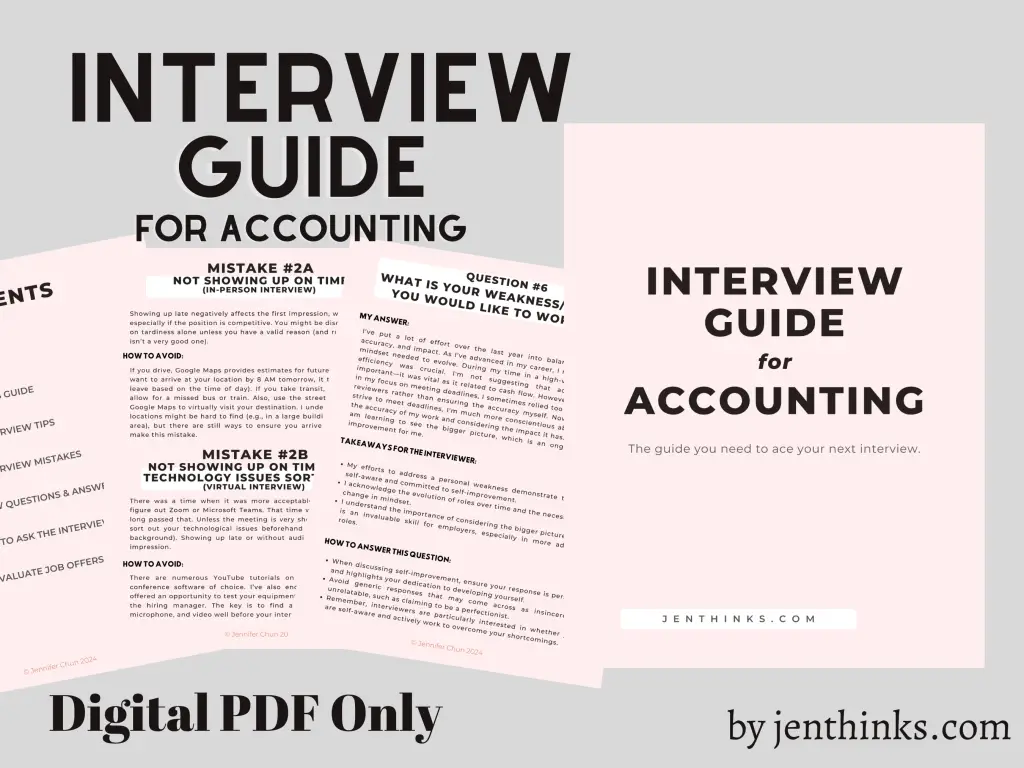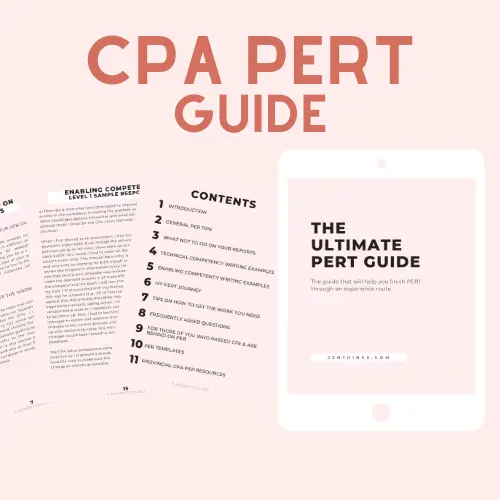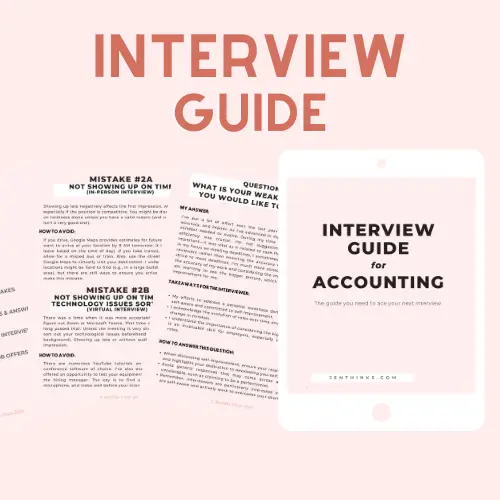In my most recent job search, I accepted the offer for a role that had hundreds of applicants. I wanted to share what I did in hopes that you’ll find it helpful during your job search. Keep in mind that while luck and timing definitely play a role in landing an offer you want, focus and preparation are ways you can stand out among other candidates.
I Didn’t Look Casually – I Looked with Intent and Full Attention
I try to stay informed about the job market for my blog, but I usually keep job alerts turned off unless I’m actively looking. Some people prefer to browse casually at all times, but I find it distracting, especially when it clutters my inbox. When I do look, I’m fully committed. I start my job search knowing exactly what I’m looking for—job duties, compensation, industry, and other factors—ranked by importance. For example, in my most recent search, I had a target base salary in mind but ranked it as a low priority. I cared more about team size (>20), job duties (non-management), and flexibility (remote).
That said, this advice isn’t for everyone. If you’re unsure of what you’re looking for, start by asking yourself questions to clarify your priorities, seek input from trusted friends or family, or approach interviews with an open mind.
During my recent search, I applied to 15 – 20 job postings. My priorities were non-management roles, remote, a 6-figure base salary, and a finance team larger than 20 people. These factors weren’t equally important, but I wasn’t willing to settle unless there was a compelling reason.
I Reached Out to an Acquaintance on LinkedIn
LinkedIn has a feature that shows you connections who work at the company of a job posting you’re viewing. When I came across the job posting, I noticed someone I had worked with briefly years ago was currently employed there. There was a chance she wouldn’t remember me, but I decided to send her a message after applying online anyway. Fortunately, she did remember me and was kind enough to inform the hiring manager about our past connection.
This was the first time I had approached a connection on LinkedIn regarding a job application. There was a possibility she might not remember me or that our connection didn’t feel strong enough for her to vouch for me. I didn’t let that deter me, and I’m glad I took the chance. I was also very thankful for her help, as I suspect it played a role in moving my resume to the top of the pile of hundreds of applicants.
I Prepared & Practiced Answers to Questions They Might Ask
If you’ve been on the hiring side, you know that most interviewers aren’t trying to trick candidates with irrelevant questions. They’re looking for someone to hire, and their time is as valuable as yours. This means you can prepare for common questions, particularly for accounting roles, as well as questions unique to your situation or the role you’re applying for. For example, I figured it was likely for me to be asked why I chose to move from a management role to non-management position. I organized my thoughts and made sure to include the points that were relevant to the discussion, but I didn’t share everything single detail about my decision either. Keep in mind that this is work and you should treat it as such.
Struggling with accounting interviews? Gain the edge you need with my interview guide created for accounting. It includes 25 most common accounting interview questions and answers, interview mistakes, questions to ask, tips and more!
I Asked the Interviewers Questions I Was Actually Interested In
In my interview guide, I recommended some good questions to ask your interviewer. That wasn’t only there to fulfill what you’re supposed or expected to do per the interview experts out there—it was also there because you should be curious enough to ask your interviewer questions about anything you’re interested in. After all, you’re going to be spending thousands of hours each year at your job.
As there were multiple rounds of interviews, I actually came up with new questions for each round. During the four interview rounds, I met my direct managers, coworkers, and an executive on the finance team. I prepared different questions for them as they served different roles from my perspective. For my managers, I was interested in their management styles and specifically the kind of candidate they were looking for. For my coworkers, I was curious about what they liked and disliked about the company. For the executive, I was more interested in his philosophy.
The opportunity to ask questions is one of my favourite parts of an interview, as it provides you with the chance to be in the driver’s seat. Not only do you get to find out what you want to know, but you also let them know through thoughtful questions that you’re there with a purpose.
I Focused on Why I Was a Good Fit, Not the Opposite
Even though I applied to roles that some might consider a step backward for my career (if you’re thinking about the traditional linear path where one progresses from non-management to management), there were still areas where I lacked experience. For example, it had been a while since I worked with the ERP software they used and the accounting policy they adopted. However, I made a conscious effort to focus on the areas that made me a good fit, rather than dwelling on what I lacked.
For instance, while someone could highlight that I hadn’t used the specific ERP software or accounting policy in some time, I emphasized my experience with similar software and policies in my current job. Additionally, my decision to return to a non-management role demonstrated the clarity I had regarding what I wanted to do. I had given my best effort in management, but I decided to take a step back to focus my time and energy on areas where I was intrinsically motivated and could benefit the company, rather than merely doing what the company needed.
Interviewing ultimately boils down to sharing enough relevant information to demonstrate why you’re a great candidate while also assessing whether the company is where you want to spend your valuable time in exchange for a paycheck.
I Dedicated My Efforts to Jobs I Was Genuinely Interested In and Declined Other Invites
Again, this isn’t the advice I’d give unless you’re absolutely certain about exactly what you’re looking for. I was, so I did exactly as the title suggests—I dedicated my efforts to jobs I wanted and declined to move forward with the ones that weren’t a fit. In fact, I had HR calls that ended within ten minutes as we discussed compensation (which wasn’t listed on the posting) and realized we weren’t a match. The recruiters usually appreciated getting to the point quickly, as their time is valuable too.
This meant that instead of attending every interview I was invited to, I only accepted the ones I was genuinely interested in. This strategy worked for me, as it allowed me to focus my time and energy on the opportunities that mattered.
Ending Thoughts
Landing a job in a competitive market isn’t easy, but it’s far from impossible when you focus your efforts and prepare with intention. Throughout my job search, I took deliberate steps to stand out—whether it was reaching out to connections, tailoring my applications, or prioritizing roles that aligned with my goals. While luck and timing played their parts, what truly made the difference was being clear about what I wanted and putting in the work to show why I was the right fit. I hope my experience helps you approach your own job search with confidence and purpose.



